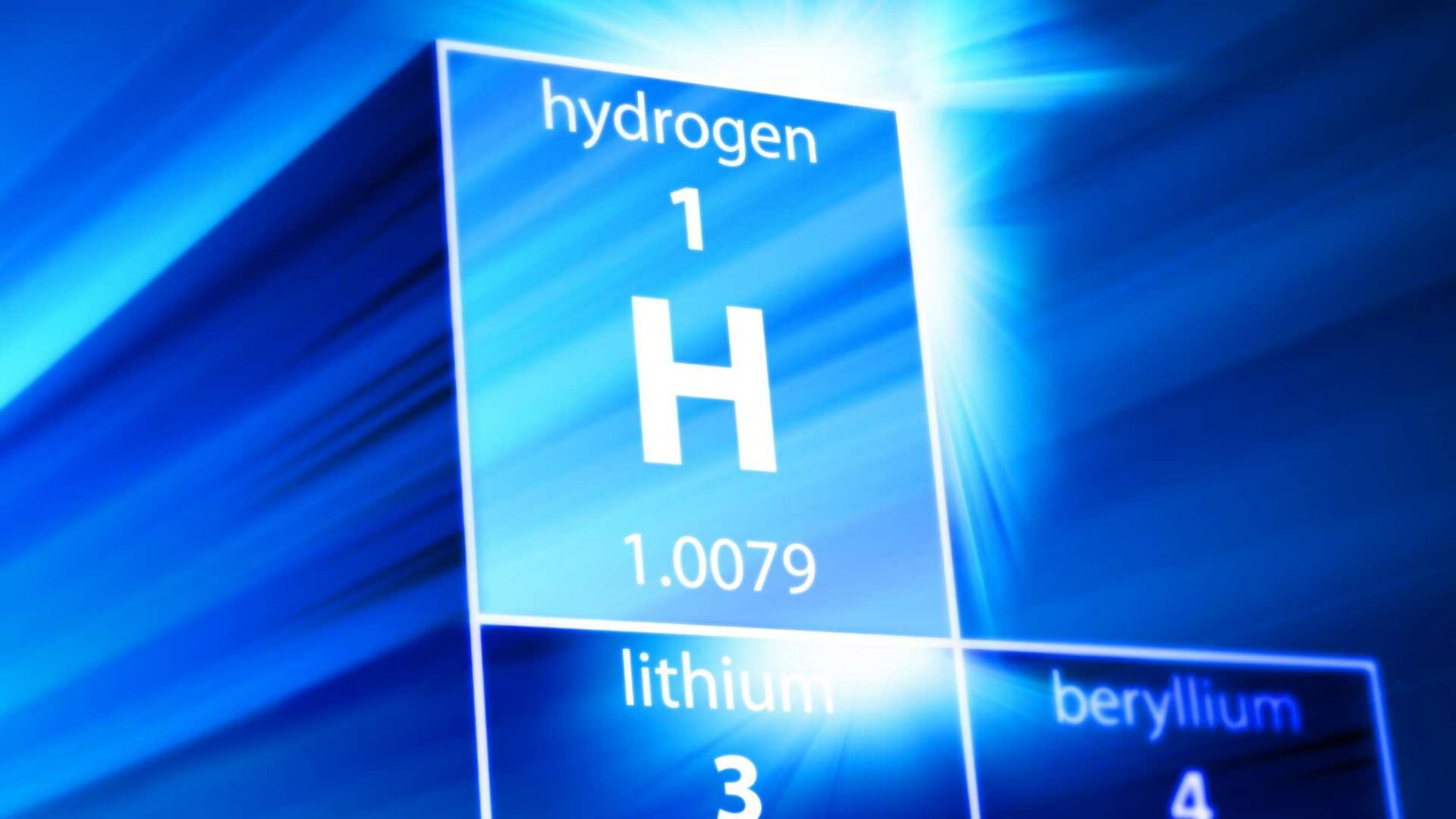In recent developments within the hydrogen industry, a significant review titled “Review on the ammonia-blend as an alternative fuel for micro gas turbine power generation” offers promising insights into the use of ammonia-blended fuels.
Authored by an international team of researchers, this study was published in the International Journal of Hydrogen Energy. Hydrogen has long been heralded as a key player in the transition to sustainable energy systems. However, challenges with storage and transport have led researchers to explore alternative hydrogen carriers. Ammonia, with its high hydrogen content and ease of liquification, stands out as a viable candidate. This research delves into the potential of using ammonia blends in micro gas turbines, which are compact, versatile power generation systems with applications ranging from industrial use to decentralized power grids.
Main Findings
1. Combustion Efficiency: The integration of ammonia with traditional fuels in micro gas turbines enhances combustion efficiency. This is attributed to ammonia’s high hydrogen content.
2. Emissions Reduction: Ammonia-blended fuels result in lower emissions of nitrogen oxides (NOx) and other pollutants, making it a greener alternative.
3. Technical Viability: The research underlines the technical feasibility of retrofitting existing micro gas turbines to operate on ammonia-blended fuels with minor modifications.
Potential Applications
– Industrial Power Generation: Industries could adopt ammonia-blend fuels to power micro gas turbines, reducing dependence on fossil fuels and lowering carbon footprints.
– Decentralized Energy Systems: For regions lacking robust grid infrastructure, micro gas turbines running on ammonia blends could provide a reliable and clean energy source.
– Transportation: Potential extension of this technology could see applications in marine and possibly aviation sectors, where compact and efficient power units are essential.
The research thoroughly reviews the methodologies for integrating ammonia within existing micro gas turbine frameworks. It discusses the challenges related to ammonia’s lower flammability limits and methods to overcome these through optimized turbine designs and combustion processes.





